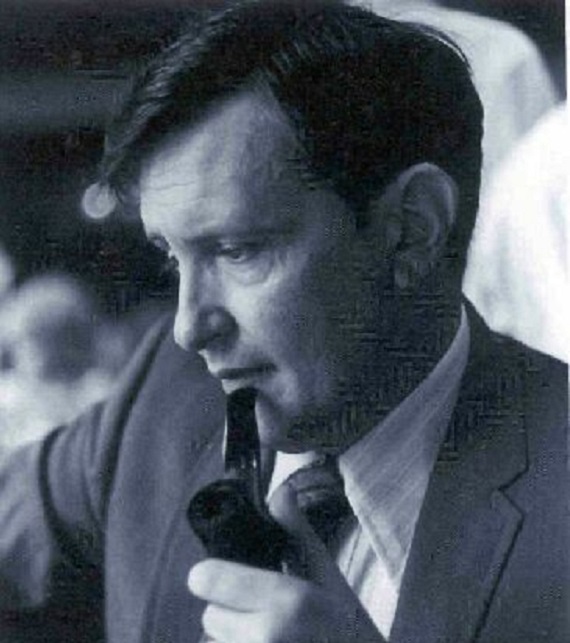John William Corrington (1932—1988) of Louisiana was a prolific author of poetry, stories, and novels. And, as with Faulkner, making a living in commercialised American “culture” required him to expend talent in Hollywood on movie and television scripts.
Corrington has received some recognition, but no less an authority on Southern literature than M.E. Bradford has said that his reputation falls short of his real stature in literature.
Corrington’s powerful novel And Wait for the Night justifies Bradford’s observation. The Night approaching is Reconstruction as it descends upon the defeated people of Shreveport and Caddo Parish, Louisiana. Except for a prologue at the siege of Vicksburg, the action takes place in the summer of 1865. There is no better literary description of Southerners facing defeat and occupation.
The book reminds me of an observation by Confederate editor and historian Edward A Pollard in 1866: “The Confederates have gone out of this war with the proud, secret, deathless, dangerous consciousness that they are THE BETTER MEN . . . .”
Southerners had lost the war, despite greatest efforts and sacrifices, to invaders and destroyers who were inferior to them in everything except numbers and materiel. Lost to an enemy who had no scruples about making war on women and children and private property. And in defeat the war was to continue against a disarmed people through military occupation, deprivation of citizenship, and the ruthless confiscation of property under false pretenses.
The book could not be published today by any “respectable” press, although it first appeared in 1965 under such auspices. It is at present available only in an edition produced in New Orleans in 2013 by Corrington’s widow, Joyce H. Corrington, herself a writer.
Corrington’s portrayal of Northerners is far too honest and realistic. He shows us the numerous crooks, the Boston fanatic who wants to wipe out the Southern people, the time-servers, the duped cannon fodder, and the few men of conscience who have reservations about the Reconstruction they are enforcing.
His portrayal of the freedmen coping with a new world is sympathetic.
Corrington, like any first-rank writer is a realist who does not hesitate to picture the rough edges of Southern society while sympathising with our people. There are the turncoats, the profit-makers, and the men irrecoverably hardened by war and violence. And others whose souls have been left adrift because their understanding of the world has been hopelessly shattered.
Resistance is inevitable, but, as we see in a final bloody confrontation, resistance has itself become a part of the descending darkness.







I found the book for free on on Amazon, in the Kindle edition, and as a paperback. I obtained both. As some of the Louisiana branch of my people were from the Caddo/Red River Parishes, I look forward to reading and seeing how it aligns with stories I got from my grandparents. Thanks for the recommendation, Dr Wilson.
John Corrington was a graduate of Centenary College in Shreveport and there was much to do on campus about his book when published in 1964. I had moved from Centenary to study Pharmacy in Monroe. Receiving my degree in 1965, “And Wait for The Night” was perhaps the first book I could read having completed studies and relaxing into something other than the required reading of Pharmacy School; and such a good and meaningful read it was. Having grown up in Shreveport and stomped all over Caddo Parish it drove home the post war history of my small world. It revealed and shed light on the feelings and emotions showered down on us by our family’s verbal history. This feeling of place, coupled with the subjugation in the reconstructed south, existed in some degree into the late 1960’s. My thanks to Dr. Wilson for this tribute to John Corrington and his wonderful talents.
Dear Professor Wilson,
I only wish that your review of Corrington’s novel were included in the curriculum of today’s schools and colleges. Indeed the War of Northern Aggression in response to peaceful and constitutional Southern Secession … is wholly absent save the few brave historians as yourself.
Your concluding paragraphs are poignant and left me teary-eyed at the suffering upon suffering heaped upon our Southern patriots.
I dare say today’s Washington perpetuates the same treachery and cruelty of Lincoln’s America.
Grateful thanks to you Professor,
Tom Schaaf